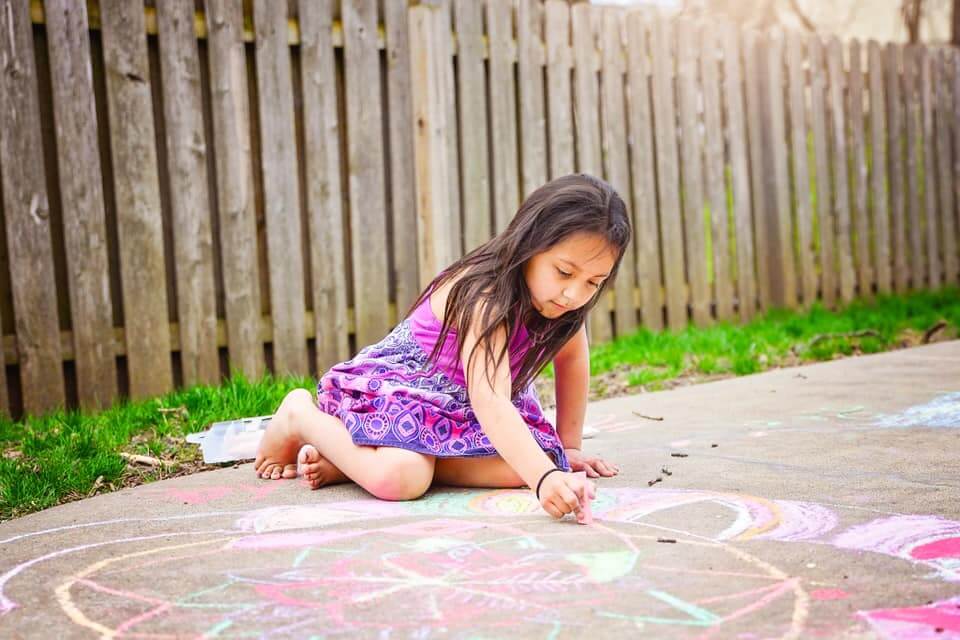Calls to child abuse prevention hotlines in both Kansas and Missouri are down by about 50% amid the coronavirus pandemic, but that’s not a good sign. Fewer people are calling because children – and therefore abuse – are not as visible right now.
While we’re all staying home to stay safe from coronavirus, at-risk children may be in greater danger of abuse during pandemic-related lockdowns. Because most child abuse and neglect victims suffer at the hands of their own relatives or people who live with them, stay-at-home orders may have trapped abused children at home with their abusers, some of whom may be facing heightened stress because of job loss or other pressures.
With school out of session and children’s limited exposure to the outside world, there are fewer opportunities for teachers and other mandatory reporters to observe signs of abuse and step in to stop it. And, extended family members who suspect abuse often hesitate to report it due to concerns that include the fear of being kept away from those kids and not having “proof.”
There are still ways to help protect at-risk kids during this pandemic. It just might take a little more intentional effort.
- Human connection is the best prevention. Be the connection for someone you know. If you are related to parents who were struggling before the pandemic, reach out to see what they may need during this crisis. Use Skype, Zoom, Facetime or other video conferencing technology if possible so that you can see family members inside their home. Your goal should be to provide additional support by engaging with parents who are likely experiencing high levels of stress – not to search for reasons to be critical.
- Some school districts are conducting door-to-door check-ins with families they have not heard from since schools were closed. This is a great strategy that all districts should consider.
- As you move through your neighborhood, pay attention to any families you see. If you suspect abuse, call it in. It’s better to be wrong and have reported suspicion, than to have had suspicion and not reported when a tragedy happens.
- Most parents allow their children to go outside and play on nice days. This is both a good time to take an extra look and a warning sign if you know that kids live nearby but never venture outside. If you have concerns, err on the side of caution.
- If you work in an “essential business,” such as a grocery store or a gas station, be vigilant about doing your part to protect kids who might be at risk. Note license plate numbers as a means of helping to identify those children.
- Find ways to provide care packages for people with kids.
Everyone can do something for a child. Together, we can prevent child abuse in our community.

